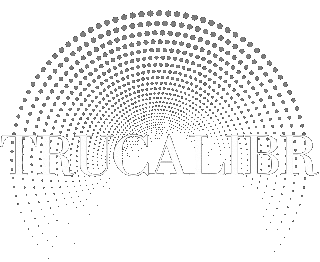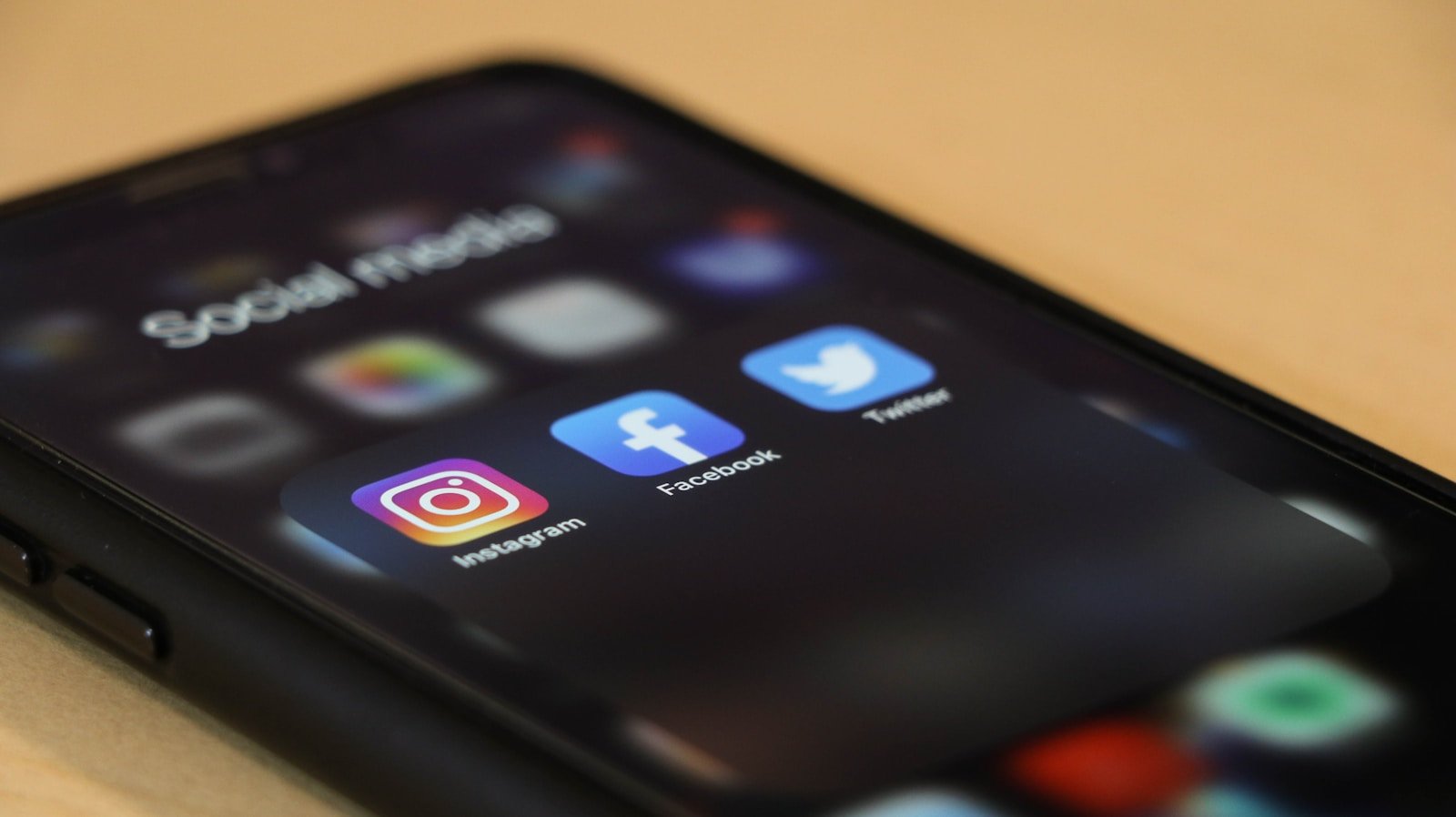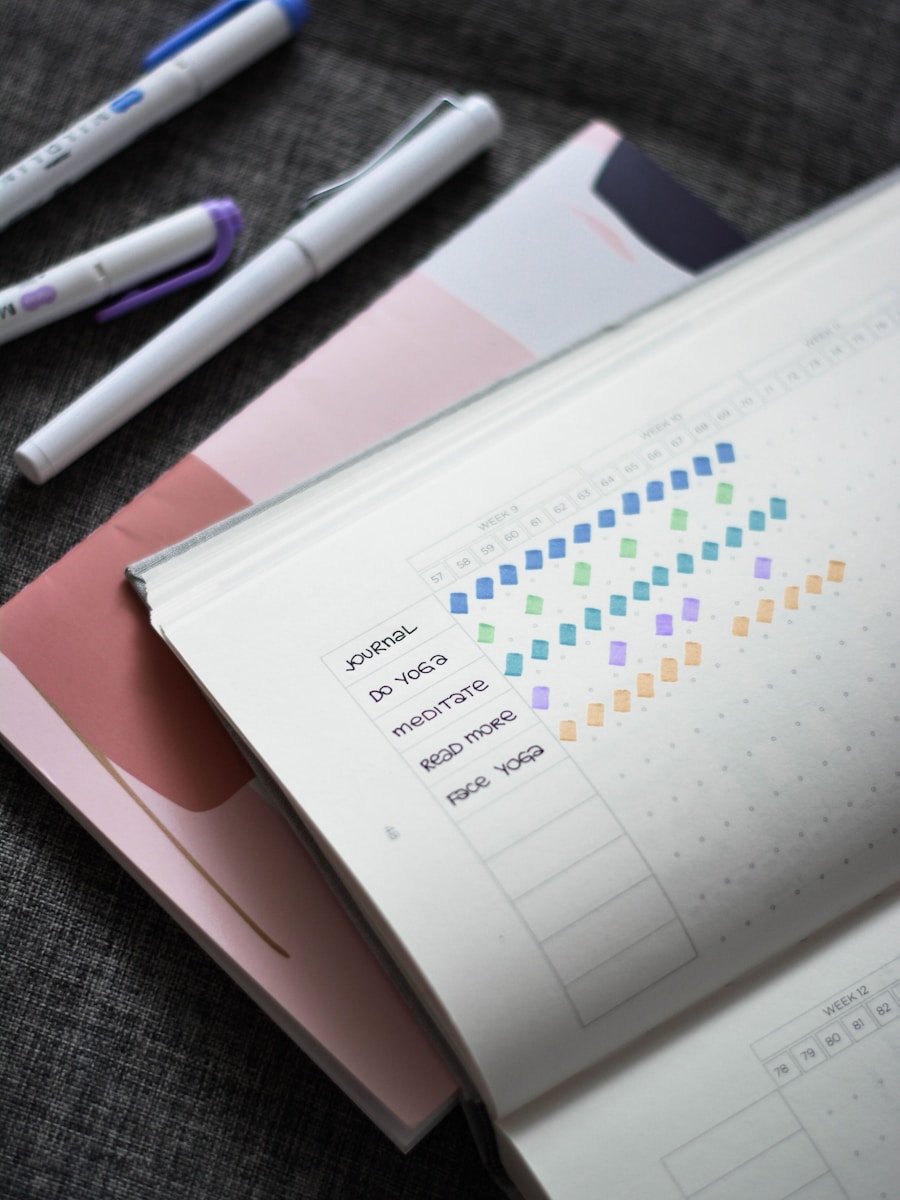In the digital age, social media has become an integral part of our daily lives, connecting us with friends, family, and communities across the globe. However, the very platforms designed to bring people together can also have profound effects on our mental and emotional well-being. As the usage of social media continues to rise, it’s crucial to understand the potential impacts, both positive and negative, and equip ourselves with strategies to maintain a healthy relationship with these powerful tools.
The prevalence of social media cannot be understated. According to a report by Datareportal, there are 4.76 billion social media users worldwide as of 2022, representing a staggering 59.3% of the global population. Furthermore, a study published in the Journal of Social and Clinical Psychology found that individuals who spend more time on social media are significantly more likely to experience negative mental health outcomes, such as depression and anxiety.
Key Points to Cover
This comprehensive article will delve into the effects of social media, exploring the potential benefits and risks, as well as strategies for quitting or moderating social media usage. It will cover the following key points:
- Positive Effects of Social Media
- Negative Effects of Social Media
- Social Media Addiction and Its Consequences
- Signs of Unhealthy Social Media Usage
- Strategies for Quitting or Moderating Social Media
- Finding Balance and Healthy Alternatives
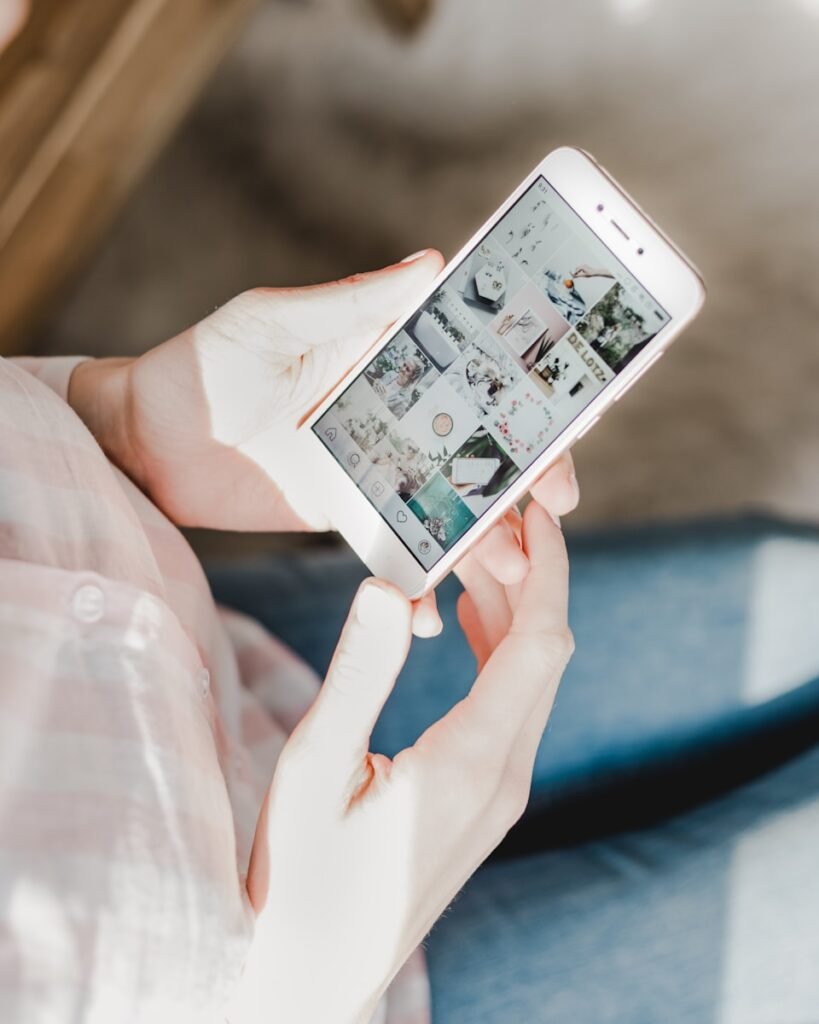
Positive Effects of Social Media
While the negative impacts of social media often take center stage, it’s essential to acknowledge the potential benefits of these platforms when used in moderation and with mindfulness:
- Connectivity and Social Support: Social media allows people to stay connected with friends, family, and communities, fostering a sense of belonging and social support.
- Information Sharing and Learning: These platforms provide access to a wealth of information, enabling users to learn from diverse sources and engage in educational discussions.
- Self-Expression and Creativity: Social media offers individuals a platform for self-expression, creativity, and sharing their talents or passions with a broader audience.
- Networking and Career Opportunities: Professional networking platforms like LinkedIn can facilitate career growth, job opportunities, and professional development.
- Activism and Social Movements: Social media has played a significant role in amplifying voices, raising awareness, and driving social and political movements.
Negative Effects of Social Media
Despite the potential benefits, excessive or unhealthy social media usage can have detrimental effects on an individual’s mental and emotional well-being:
- Cyberbullying and Online Harassment: The anonymity and reach of social media can enable cyberbullying, online harassment, and the spread of harmful or abusive content.
- Social Comparison and Self-Esteem Issues: Constant exposure to curated and idealized versions of others’ lives can lead to unrealistic comparisons and negative impacts on self-esteem and body image.
- FOMO (Fear of Missing Out): The constant stream of updates and content can create a sense of FOMO, leading to feelings of inadequacy, anxiety, and a need for constant connection.
- Sleep Disruption and Distraction: The blue light emitted by devices, notifications, and the addictive nature of social media can disrupt sleep patterns and contribute to decreased productivity and focus.
- Isolation and Loneliness: Despite the illusion of connection, excessive social media usage can lead to a decrease in face-to-face interactions and a sense of isolation or loneliness.
Social Media Addiction and Its Consequences
Social media platforms are designed to be addictive, leveraging psychological principles such as variable rewards, social proof, and fear of missing out (FOMO) to keep users engaged. This can lead to a genuine addiction, with severe consequences for an individual’s mental health, relationships, and overall well-being.
Signs of social media addiction may include:
- Compulsive checking of platforms and notifications
- Inability to control or moderate usage
- Neglecting responsibilities or relationships due to excessive use
- Experiencing withdrawal symptoms (anxiety, irritability) when unable to access social media
- Prioritizing social media interactions over real-life experiences
Consequences of social media addiction can range from decreased productivity and academic or professional performance to strained personal relationships, social isolation, and increased risk of mental health issues such as depression, anxiety, and low self-esteem.
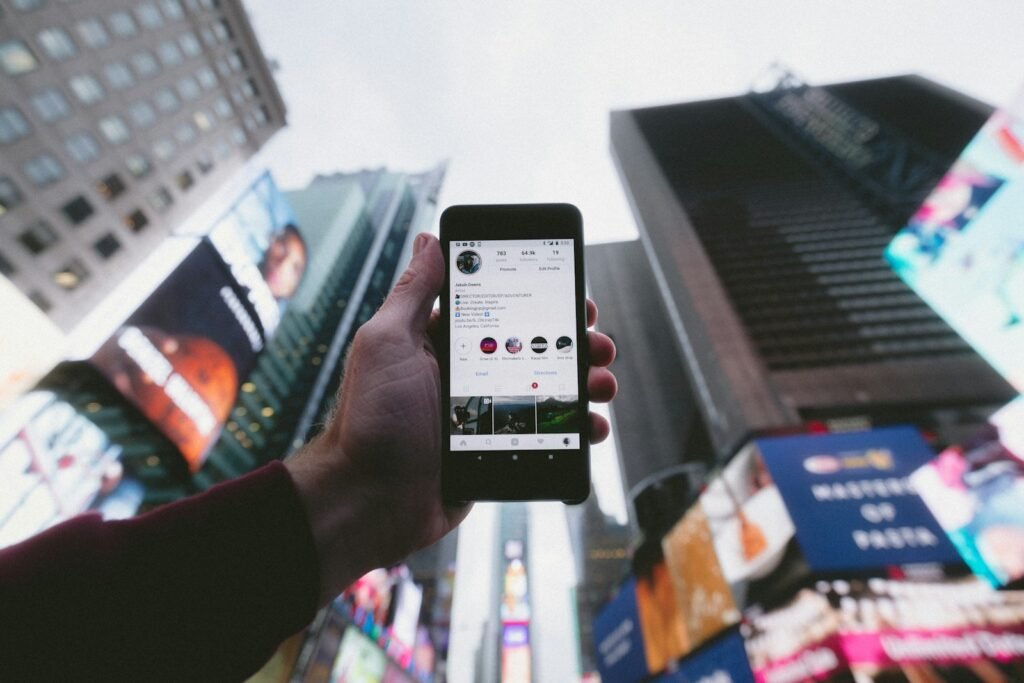
Signs of Unhealthy Social Media Usage
While not everyone may experience full-blown addiction, there are signs that social media usage may be becoming unhealthy or excessive:
- Excessive Time Spent: If you find yourself spending hours upon hours scrolling through social media feeds or constantly checking for updates, it may be a sign of an unhealthy pattern.
- Neglecting Other Responsibilities: If social media usage is interfering with work, school, household duties, or personal relationships, it may be time to reevaluate your priorities.
- Mood Fluctuations: If your mood is heavily influenced by the content you consume or interactions on social media, it could indicate an unhealthy reliance on these platforms.
- Sleep Disruptions: Using social media close to bedtime or being woken by notifications can disrupt sleep patterns and lead to fatigue and other health issues.
- Decreased Self-Esteem: If you find yourself constantly comparing your life to the curated versions presented on social media, it may be taking a toll on your self-confidence and self-worth.
Strategies for Quitting or Moderating Social Media
If you recognize signs of unhealthy or excessive social media usage, it may be time to consider quitting or moderating your usage. Here are some strategies to explore:
- Go Cold Turkey: For some individuals, a complete break from social media may be the most effective approach. This can involve deactivating accounts, removing apps from devices, and finding alternative means of communication and entertainment.
- Set Limits and Boundaries: If quitting entirely is not an option, establish clear boundaries and limits for your social media usage. This could involve setting specific times or durations for usage, disabling notifications, or using apps or browser extensions to block or limit access.
- Practice Mindful Usage: When using social media, be present and intentional. Avoid mindless scrolling and be mindful of the content you consume and engage with.
- Prioritize Real-Life Connections: Make a conscious effort to prioritize face-to-face interactions and real-life experiences over virtual connections. Plan activities or outings with friends and family that don’t involve social media.
- Find Alternatives and Hobbies: Explore new hobbies, interests, or activities that can provide a sense of fulfillment and enjoyment outside of social media. This could include exercise, reading, creative pursuits, or learning a new skill.
- Seek Support: If you’re struggling to break free from social media addiction or unhealthy patterns, don’t hesitate to seek support from friends, family, or professionals. Consider joining online communities or support groups focused on digital detox or healthy technology usage.
Finding Balance and Healthy Alternatives
Ultimately, the goal is not necessarily to eliminate social media entirely but to find a healthy balance and use these platforms in moderation and with intention. Here are some tips for maintaining a balanced approach:
- Prioritize Self-Care: Engage in activities that promote your physical, mental, and emotional well-being, such as exercise, meditation, or spending time in nature.
- Cultivate Offline Connections: Nurture meaningful relationships and connections in the real world, fostering a sense of community and belonging beyond the virtual realm.
- Practice Mindfulness: Develop mindfulness practices to stay present and grounded, reducing the pull of constant digital stimulation and distractions.
- Pursue Purposeful Activities: Engage in activities that align with your values, passions, and goals, providing a sense of purpose and fulfillment beyond social media validation.
- Embrace Digital Minimalism: Evaluate the digital tools and platforms you use, and consider adopting a minimalist approach, keeping only those that truly add value to your life.
By finding a healthy balance and incorporating meaningful offline activities and connections, individuals can mitigate the negative effects of social media and cultivate a more fulfilling and authentic life experience.

Additional Resources and Further Reading
For those seeking additional information and support on navigating the impacts of social media, the following resources may be helpful:
- “Digital Minimalism” by Cal Newport: This book explores the concept of intentional and mindful technology usage, offering strategies for reclaiming control over digital distractions.
- Center for Humane Technology: A non-profit organization dedicated to raising awareness about the potential harmful effects of technology and promoting ethical design practices.
- American Psychological Association: Social Media and Internet Use: The APA provides research-based information and resources on the psychological impacts of social media and internet use.
- Calm Harm: A free app designed to help individuals resist or manage the urge to self-harm, including strategies for dealing with social media-related distress.
- Digital Detox Resources: A website offering tips, tools, and resources for taking breaks from digital devices and social media.
- Time Well Spent: A movement advocating for ethical, humane technology that prioritizes human well-being over addiction and exploitation.
Practical Tips and Actionable Advice
If you’re ready to take control of your social media usage and mitigate its potential negative impacts, here are some practical tips and actionable advice:
- Conduct a Social Media Audit: Take an honest look at your social media usage patterns. Track how much time you spend on each platform, the types of content you engage with, and how it makes you feel. This self-awareness is the first step towards change.
- Remove Social Media Apps from Your Phone: By removing social media apps from your phone, you create a physical barrier that makes it more difficult to mindlessly scroll or check for updates throughout the day.
- Set Screen Time Limits: Most devices and operating systems now offer screen time tracking and limit-setting features. Use these tools to set reasonable time limits for your social media usage.
- Schedule Social Media-Free Periods: Designate specific times or days as social media-free zones, allowing you to fully disconnect and engage in other activities or spend quality time with loved ones.
- Disable Notifications: Constant notifications can be a major source of distraction and trigger the urge to check social media. Disable notifications for all non-essential apps and platforms.
- Curate Your Feed: If quitting social media entirely is not an option, be intentional about the accounts and content you follow. Unfollow or mute accounts that trigger negative emotions or unrealistic comparisons.
- Replace Social Media with Meaningful Activities: Identify hobbies, interests, or activities that bring you joy and fulfillment outside of social media. This could include reading, exercising, volunteering, or pursuing a creative project.
- Seek Accountability and Support: Share your goals and intentions with trusted friends or family members. Consider joining a support group or finding an accountability partner to help you stay on track and overcome challenges.
Remember, breaking free from unhealthy social media habits is a journey, and setbacks are natural. Be patient and compassionate with yourself, celebrate small victories, and remain committed to prioritizing your well-being over the allure of constant digital connection.
Conclusion
Social media has become an integral part of modern life, offering connectivity, information, and self-expression opportunities. However, the double-edged sword of these platforms demands our awareness and mindful approach. Excessive or unhealthy social media usage can have detrimental effects on mental health, self-esteem, productivity, and interpersonal relationships.
Recognizing the signs of social media addiction or unhealthy patterns is the first step towards reclaiming control. From there, individuals can explore strategies for quitting or moderating their social media usage, such as going cold turkey, setting limits and boundaries, practicing mindful usage, and prioritizing real-life connections and hobbies.
Ultimately, the goal is not necessarily to eliminate social media entirely but to find a healthy balance and cultivate a relationship with these platforms that aligns with personal values and well-being. By prioritizing self-care, cultivating meaningful offline connections, practicing mindfulness, and embracing digital minimalism, individuals can mitigate the negative impacts of social media and reclaim a sense of purpose and fulfillment in their lives.
Remember, you have the power to shape your relationship with social media. Embrace the journey towards a more balanced and intentional digital life, and never hesitate to seek support when needed. The rewards of reclaiming control and prioritizing your well-being are invaluable.
